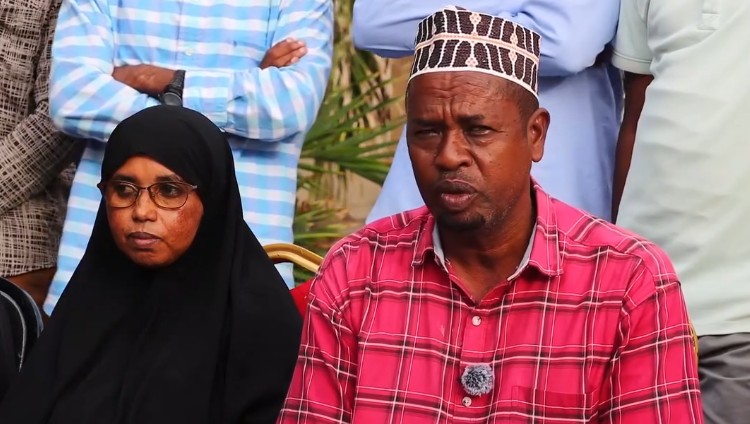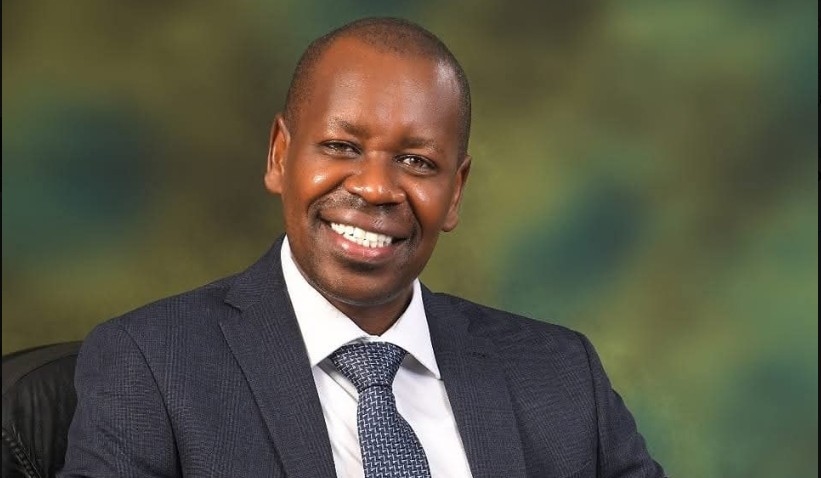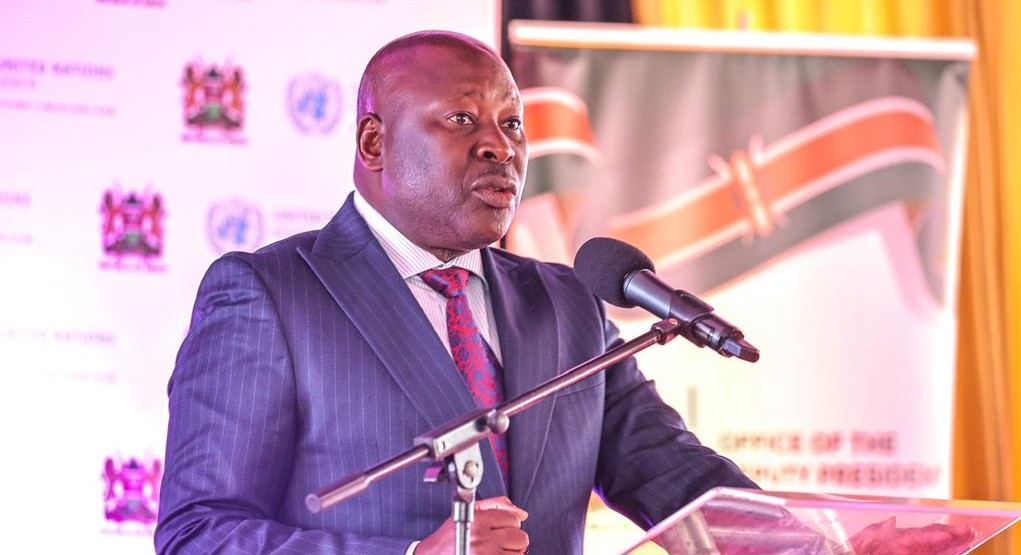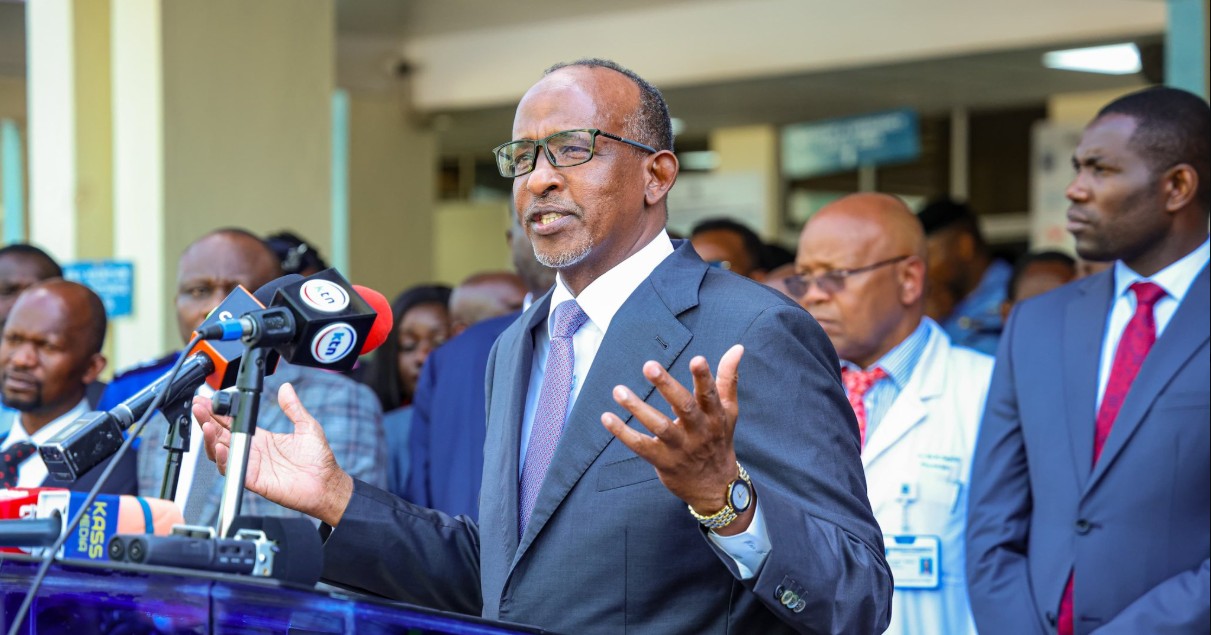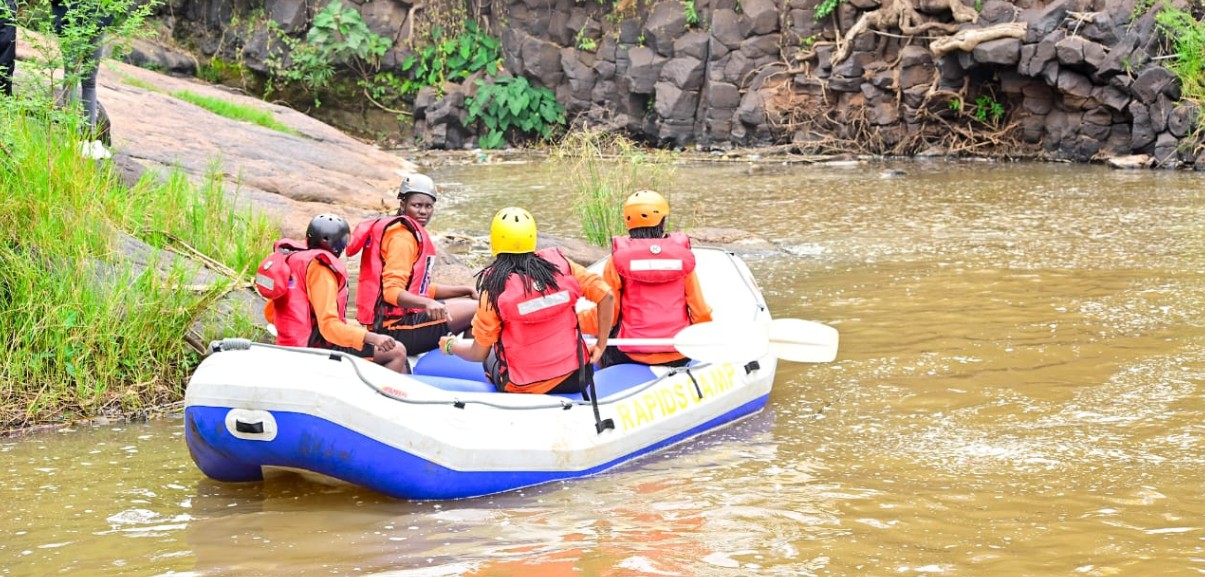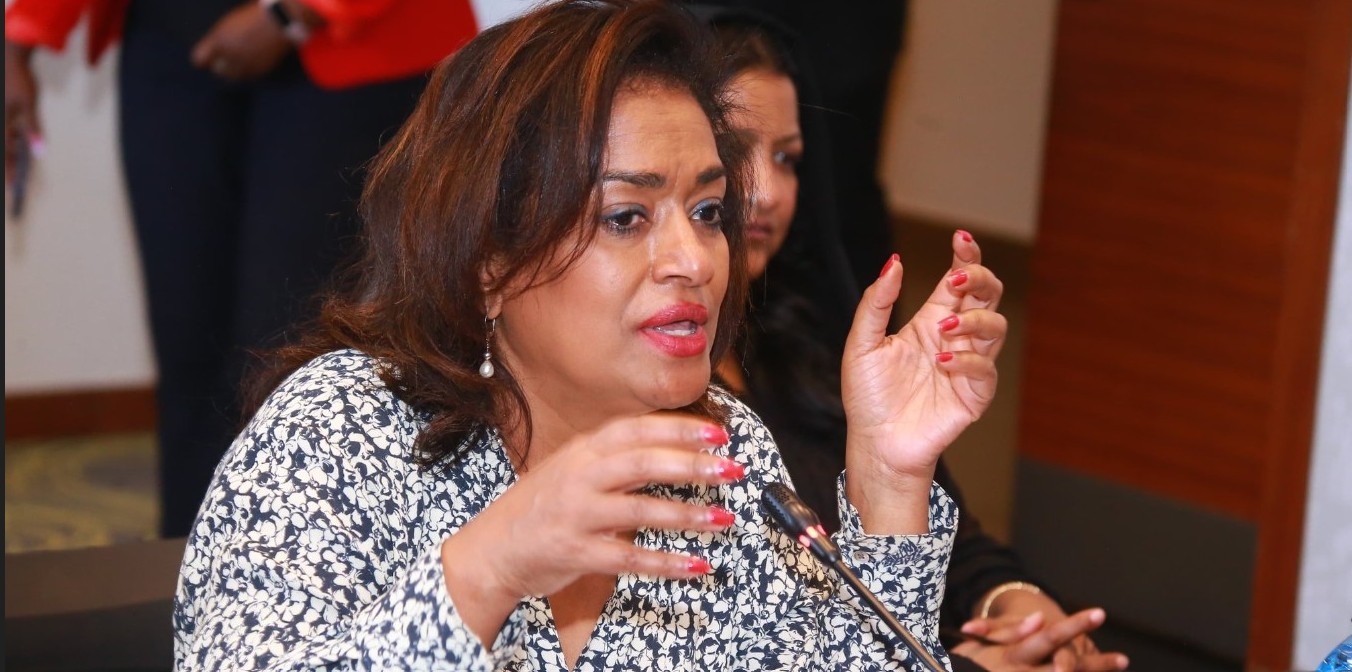NTSA urges parents, drivers to prioritise child safety during August school holiday travel

The Authority recommended several precautionary measures, including strict adherence to speed limits and designated pick-up and drop-off points.
The National Transport and Safety Authority (NTSA) has called for increased vigilance on school transport safety as learners begin their August holiday break, citing the heightened risk of accidents during this transition period.
In a notice on Monday, the Authority recommended several precautionary measures, including strict adherence to speed limits and designated pick-up and drop-off points.
More To Read
- NTSA dismisses claims of losing control over TIMS amidst audit concerns
- NTSA staff lack full control of Sh186 million system nearly two years after launch - audit
- State agencies ordered to adopt digital number plates by August
- Mombasa traffic police gets new laser speed guns to boost road safety enforcement
- Over 5,000 number plates ready for collection, NTSA says
- NTSA warns motorists against drunk driving ahead of Easter festivities
“As schools begin to close, let’s prioritise children’s safety during school transport,” NTSA said.
The Authority urged transport operators to ensure all school buses are roadworthy and properly maintained, that drivers strictly observe speed limits, and that children are picked up and dropped off at safe, designated locations. Parents and guardians were also asked to keep a close watch on children crossing roads.
The second-term holiday is expected to run for three weeks, from August 4 to August 22. Learners will resume for the third term on August 25, which will last nine weeks and end on October 24. This final term of the academic year will also be critical for candidates scheduled to sit national assessments.
According to the Ministry of Education calendar, the Kenya Primary School Education Assessment (KPSEA) will be administered between October 27 and 30, while the Kenya Intermediate Level Education Assessment (KILEA) will take place from October 27 to 31.
The Kenya Certificate of Secondary Education (KCSE) examination will follow, running through November for three weeks.
However, the school closure comes against the backdrop of a deepening crisis in the public education sector, with mounting debt and budget shortfalls forcing some institutions to close early and others to operate on the brink of collapse.
Capitation shortfall
At the heart of the financial turmoil is a persistent capitation shortfall that has left schools across the country struggling to stay afloat.
Education stakeholders have called on Parliament to intervene urgently, amid revelations that the government owes institutions billions of shillings in unpaid funds, a burden that has worsened steadily since 2019.
The Kenya Union of Post-Primary Education Teachers (KUPPET) says the government is yet to release an estimated Sh18.06 billion in capitation funds for the first and second terms of 2025. This translates to a funding gap of roughly Sh6,000 per student.
Recently, Treasury Cabinet Secretary John Mbadi admitted to the shortfall, describing the current funding model as “unsustainable.”
But education leaders argue that acknowledgement is not enough.
Billions in arrears
Former Kenya Secondary School Heads Association (KESSHA) national chairperson Kahi Indimuli recalled a petition he co-authored before leaving office, warning that schools were already owed up to Sh68 billion in arrears since the onset of the Covid-19 pandemic.
The situation is especially dire in rural schools, where headteachers have resorted to taking personal loans, often through Mwalimu Sacco, to sustain operations. KUPPET Secretary General Akello Misori said some schools rely on donations of food and learning materials from well-wishers, while others face real threats of auction over unpaid supplier debts.
“Some schools are literally surviving on donations. And we are now seeing credible threats of auction from suppliers due to unpaid debts,” Misori said.
The Kenya National Union of Teachers (KNUT) also expressed alarm, urging legislators to reject any further cuts to education funding and prioritise emergency disbursements to ease the crisis.
Top Stories Today



